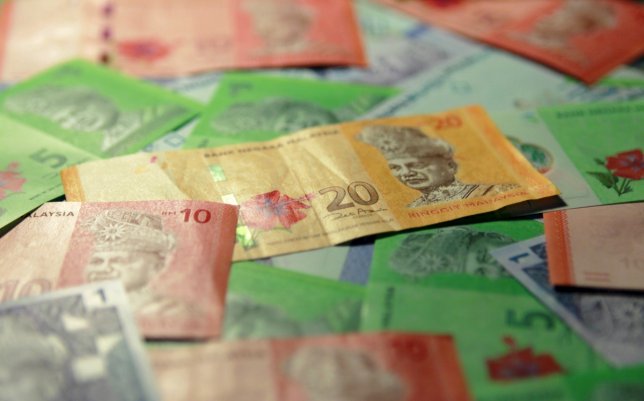
Malaysian central bank Governor Muhammad Ibrahim said more steps to stabilize the stressed currency will be taken, after ringgit breached psychological 4.5 against the dollar for first time since 1998 financial crisis.
Malaysian ringgit, Asia's worst performing currency, has been under added pressure after Republican Donald Trump's election victory on November 8. Measures taken by the central bank since then had raised fears about a return to capital controls brought in during the 1998 currency crisis.
However, Bank Negara Governor Muhammad said the focus will only be on reducing speculation in the currency and there are no plans to bring in capital controls.
"Only if appropriate, we will introduce new measures ... But these new measures are not capital controls, not fixing of the ringgit, but to stabilize the ringgit. Making sure that people who want the dollar will get the dollar, people who want the ringgit will have access to it. And then to make sure that liquidity is always there in our market," he said, according to Bloomberg.
After heavy declines in 2015, the last year capped off with a rout in ringgit following the election of Trump. The protectionist trade practices championed by incoming US president Donald Trump sent shock waves across the emerging Asian economies that depend on exports. The Malaysian currency was down nearly 7 percent in the days after Trump's election on November 9. The Malaysian curency lost 5.3 percent against the dollar since the day of US election result.
BMI Research had slashed its forecast for the ringgit to 4.50 per US dollar this year and 4.40 in 2018. It said in a note that ringgit will be further pummeled by factors including the decline in Chinese Yuan, global bond market weakness and a likely slowdown in global trade in the wake of the protectionist trade policies of the incoming Trump administration in the US.
Muhammad said there are no immediate concerns over the ringgit's level and that liquidity will be made available in the market. "We should not be fixated on any particular level ... It's very important for the ringgit, once we realigned between the demand and the supply, for it to be dictated by actual demand and supply for the currency. That's where the ringgit will stabilize, and it will find its natural level as we realign the demand and supply," he added.
In mid-December, when the ringgit fell to its weakest level since Asian currency crisis in 1998, the central bank had clamped down on currency speculation, ordering foreign banks not to trade the ringgit in the non-deliverable forwards market.








